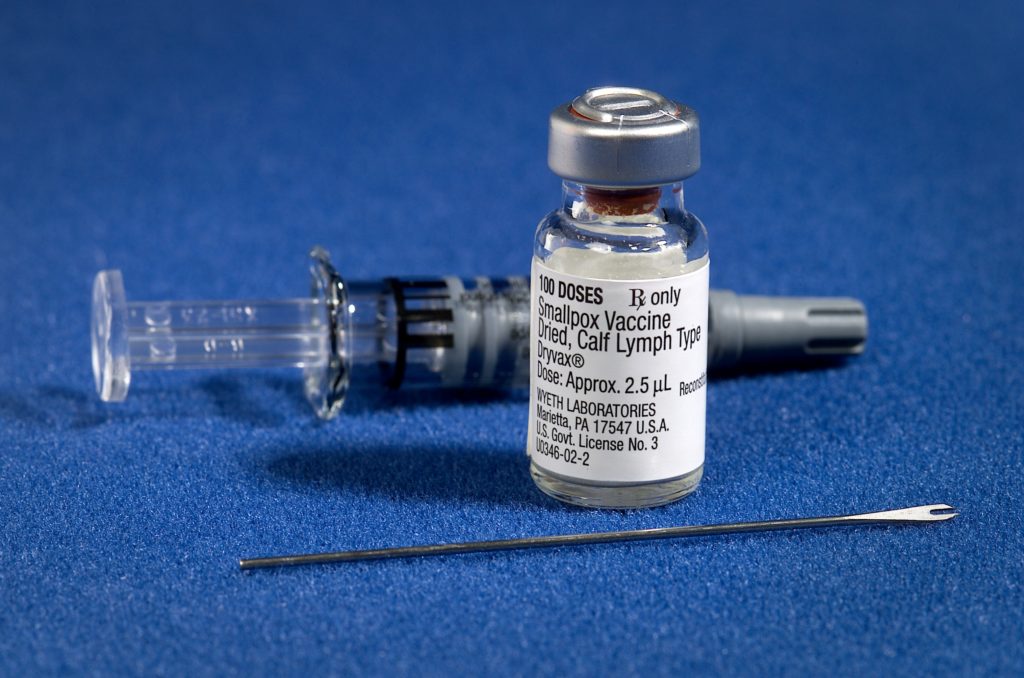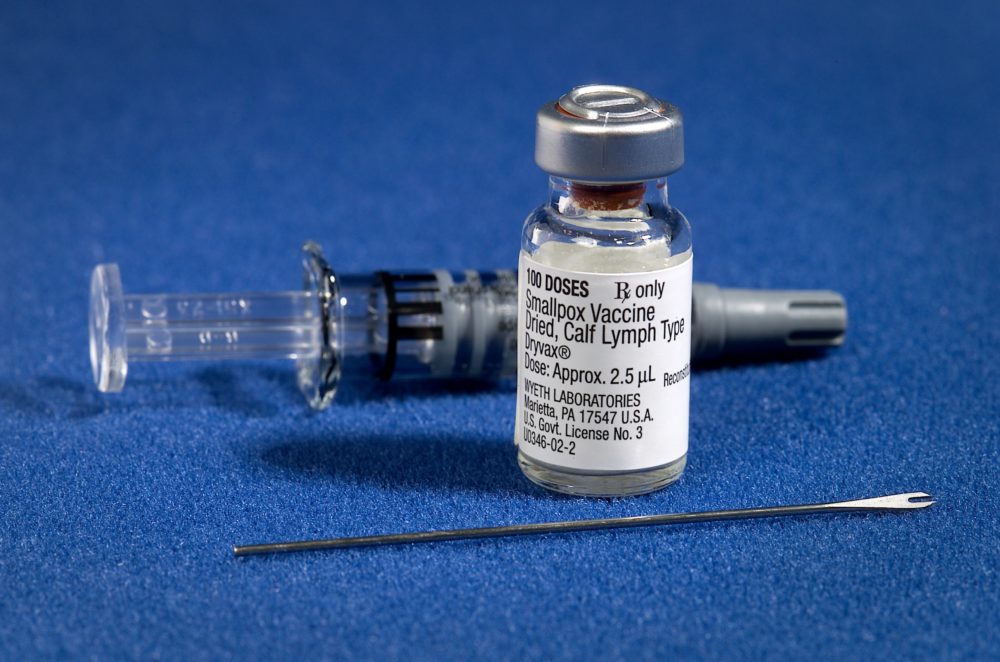
Vaccines have helped eliminate diseases like smallpox
A brief history of vaccine hesitancy throughout the U.S.
Dr. Paul Carson, a professor of Public Health, spoke about vaccine hesitancy during the Microbiological Sciences Spring Seminars. The lecture titled ‘Vaccine Hesitancy and Exemptions: Research and Policy Implications’ explained some of the possible ways children can be exempt from receiving vaccines.
Carson first talked about how much impact vaccines have had on infectious diseases with an increase in vaccine availability happening in the 1960s. Because of the rise in vaccines, mortality rates from diseases like measles and polio dropped.
“That rate success has now left these diseases mostly out of our consciousness,” Carson said. Because of the high success rates in the vaccines and the lower amount of people consciously thinking about diseases like polio, Carson mentioned that people now typically question the need for vaccines.
Carson pointed out that “more and more parents who are saying ‘you know, I just don’t know if this is necessary or if I want this for my kid.”
In the late 90s, vaccine dependency also hit a low when former British physician and anti-vaccine activist, Andrew Wakefield, released a study in the Atlanta proposing that the measles vaccine could be linked to autism in children.
Carson described Wakefield’s study as a “bombshell” saying, “This is where the most the vaccine-autism link scares came from.”
Carson then explained that since Wakefield’s study was published in 1998, Brian Deer, a British investigative reporter, found flaws in Wakefield’s study. After investigating the propositions Wakefield discussed in his research paper, Deer found that Wakefield’s research had no Institutional Review Board (IRB) approval and Wakefield was working with an anti-vaccine group to produce the article.
Though Wakefield’s research was retracted in 2011 and his license was revoked, he now lives in Texas and travels the country talking about the dangers of vaccinations.
“His effects have remained,” Carson said as he showed a poll from 2019 showing how many people believe vaccines cause autism. Though the amount of people who believe vaccines link to autism is down 20 percent from seven to eight years ago, there is still 46 percent of the general population that isn’t sure if vaccines can cause a safety risk.
“More and more parents who are saying ‘you know, I just don’t know if this is necessary or if I want this for my kid.”
Dr. Paul Carson, professor of public Health
Carson went on to explain how vaccines work and the complications of people being hesitant to receive a vaccine to the general population. “Vaccines work at the individual level, they protect us as an individual, but as or maybe more important, they work at a population level…,” which Carson explained as herd immunity.
“When you have enough of a population immune through vaccinations or through natural immunity, a disease has a difficult time establishing a foothold in that community and spreading,” Carson said.
Carson gave an example explaining that measles is very infectious, adding “you need 90 to 95 percent of the population immune,” in order for the measles virus to not spread.
The next topic Carson discussed regarding vaccines had to do with schools and the regulations put in place requiring students to have their vaccinations in order to attend.
Exemptions for not receiving vaccines can be made for students in regards to religious freedoms, philosophical objections and medical conditions with each state holding different standards of what is considered lawful exemption.
North Dakota is one of many states where it is, “In fact, easy to get an exemption for a vaccination,” as Carson explained that North Dakota allows for religious, philosophical and medical exemptions in schools.
Some states like California only allow medical exemptions. Carson discussed that though the rates of vaccinations increased after California got rid of non-medical exemptions, parents found ways to have their children exempt from vaccinations.
“They (California) saw rates of medical exemptions skyrocket. So somehow, now a whole bunch more people have a medical reason for not to get a vaccine,” Carson said.
“In fact, they found that some doctors were actually selling medical exemptions.” From these findings, California decided to take away medical exemptions from doctors. California now runs medical exemptions out of the Public Health Department, meaning medical exemptions have to be approved by a public health authority rather than a private physician.
When looking at how to reduce vaccine hesitancy in parents, Carson talked about how doctors are changing their approach to vaccinations by telling parents the vaccines their children need without letting them hesitate.
Carson ended his presentation by talking about the spread of misinformation through social media and how health professionals can try to change the negative perspectives on vaccines as a possible solution as well.
